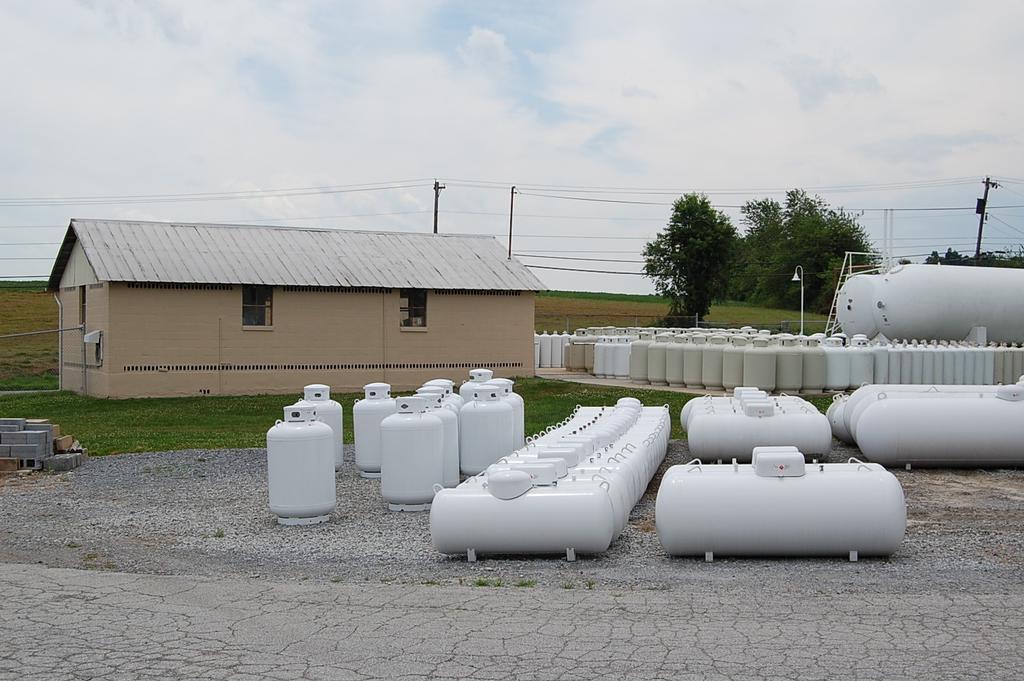| October 27, 2023 | |
| Mice chewing through propane lines, contractors cutting a propane line, customers driving over their underground tank dome—we've seen it all when it comes to propane leaks. While these accidents are not everyday occurrences, they happen. And it’s important you know the signs of a propane leak, just in case it happens to you. The West Grove Fire Company responds to dozens of gas leak/smells calls each year and it's very important that all residents and businesses to alert to safety concerns when it comes to propane or natural gas. Recently, the WGFC responded to a cut line in Penn Township that resulted in the hurried evacuation of a nearby child care facility (https://www.wgfc.org/news/1362/Severed-Gas-Line-Leads-to-Evacuation-of-Day-Care-and-Office-Park-in-Jennersville). Know The Signs of a Gas Leak In our area, homes and businesses are either supplied with propane (stored in above or underground tanks) or natural gas supplied by underground pipes. Even in homes without those services, there may be propane bottles for backyard grills or fireplaces. The smell of rotten eggs is most often the a sign of a gas leak. Additives give propane gas and natural gas (naturally colorless and odorless) its pungent smell as a safety precaution. And, if you hear a hiss-like sound coming from your tank or gas lines, you may have a leak in the valve or hose. Actions to Take For safety reasons, take action immediately: Your gas provider should check for leaks at the source and the hook ups to all of your gas appliances. They should also complete a thorough inspection of your equipment to ensure everything in good working order. Preventing Leaks Gas leaks are not common and can be prevented with proper care and regular maintenance of your tank and/or equipment. We thank our friends at Kauffman Gas for the content and pictures in this story. You can learn about propane safety by clicking on the Kauffman gas link below and you can learn about natural gas safety through the PECO link below. |
|
| Hyperlinks: | Kauffman Gas PECO link |

